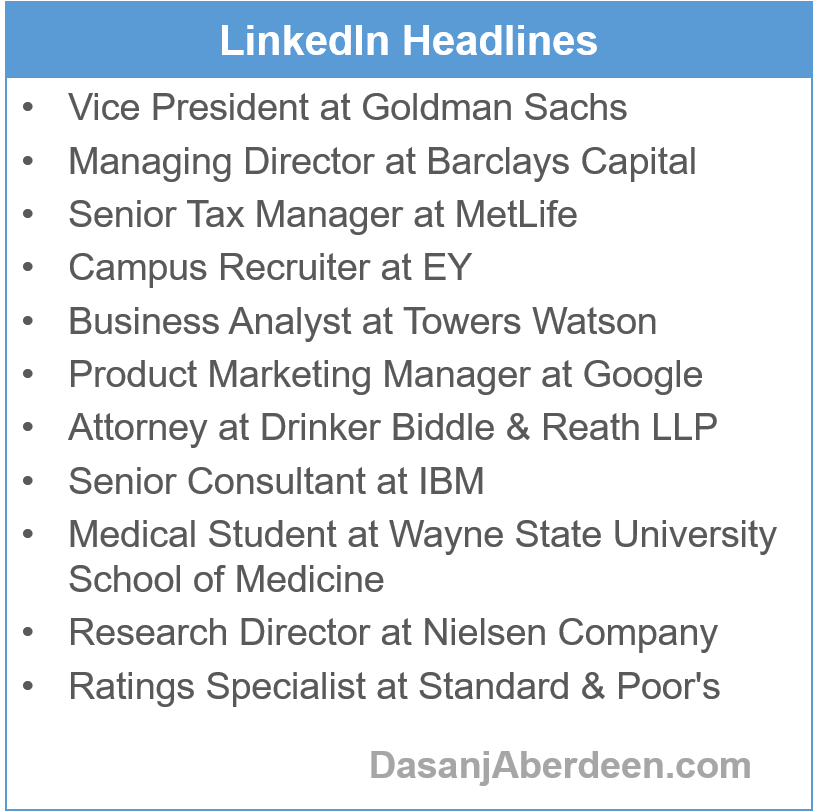Change is happening at an unprecedented rate, leading to increased competition. I usually hear about the impact of this on companies, but it is worth paying attention to how it impacts people like you and I as well.
Why should this matter to you? The pace of technological change affects what we do and how we do it. Artificial intelligence, machine learning, robotics, 3D printing and other transformations lead to more automated and efficient processes which impacts the role that people play. New technologies result in less manual human input and enable remote work and teleconferencing with mobile and cloud technology. If workers don’t need to be local, the talent pool expands beyond geographical borders and global competition for talent increases.
This impacts all workers, including those in traditional careers, creatives and entrepreneurs.
So what can you do? If you live in an area susceptible to flood, it makes sense to get flood insurance. If you’re investing in the market, it makes sense to diversify your portfolio. Similarly, I think you should be smart about how you plan and improve your chances of success.
Scott Adams, creator of Dilbert, one of the most popular and widely distributed comic strips, shared an approach that worked for him in an interview with Forbes:
The result is the Adams success formula: “Every skill you acquire doubles your odds of success.” Adams says you can raise your market value by being “merely good—not extraordinary—at more than one skill.” Adams told me his career is an example of the success formula in action. “I’m a poor artist. Through brute force I brought myself up to mediocre. I’ve never taken a writing class, but I can write okay. If I have a party at my house, I’m not the funniest person in the room, but I’m a little bit funny, I can write a little bit, I can draw a little bit, and you put those three together and you’ve got Dilbert, a fairly powerful force.” Adams says the addition of a little business knowledge (he has an MBA from Berkeley’s Haas School of Business) and the sum of his “average” talents makes him more valuable than any one skill alone.
This advice isn’t conventional. In fact, we live in a world that reveres choosing one thing to focus on and we’re expected to become an expert at it. But here, Adams promotes a different approach which works for those in traditional careers, for creatives and entrepreneurs. This is especially helpful for multipotentialites (polymaths, scanners, renaissance souls) who have a variety of interests and want to combine them all to provide value.
I’ve used this approach myself. I layered on skills, education and experience to help people and companies at the intersection of strategy, creativity, innovation and technology. I’ve worked on projects for companies with a variety of goals from implementing new technology, improving customer experience, or developing talent and each requires a different combination of my skills. So this approach has been valuable to me because:
- I have a variety of skills
- I can pivot as needed and leverage different combinations of my skills
To thrive, and not merely survive, you have to differentiate yourself and leverage your intersection with your unique combination of skills.
How can you get started with using this approach yourself? Here are the steps:
Do an inventory of your interests and skills. Look broadly at the things you’ve done. Inventory your professional experience, personal pursuits and hobbies and other experience you’ve gained from volunteering etc. Also think about what friends, family, colleagues and clients come to you and pay you for. Make sure to also assess your interests; it is important to find alignment with what you do and what you like doing.
Invest in yourself and seek to improve. Once you identify your list of interest and skills, think of how you can improve them. You don’t have to be an expert in each but improvement will help your positioning. For example, if communication is on your list, seek public speaking opportunities to practice. If you’re interested in a field, study it on your own, take online classes or enroll in a university program to solidify your knowledge. Practice and experience are essential so find opportunities to put what you’ve learned in action.
Identify your unique intersection. Now that you have your skills and invested in improving them, think about how you can bring them together and connect them. Ultimately, your unique intersection doesn’t need to have all the skills you started with, just the relevant ones. For example, Jake Tapper found a way to combine journalism, cartoons and writing. You can combine interests and skills in real estate, wine and engineering to design wine tasting venues or sports, travel and hospitality to improve the lodging experience for traveling athletes.
Provide value. Use your intersection of skills and experience to do what you’re uniquely positioned to do better than anyone else. Identify opportunities that require your combination of skills and allow you to use them to help others. Pivot as you go by leveraging the right mix of your skills and experience for each opportunity. For example, a project to build a technology solution will require more technical skills while a project focused on brainstorming new products will require more creative skills.
To thrive, and not merely survive, you have to differentiate yourself and leverage your intersection with your unique combination of skills.
******************************
Are you someone with multiple interests and intellectual pursuits? Have you figured out how to combine them to your advantage? Have you tried an approach similar to what is described above? How has it worked for you? I’d love to hear your perspective!
Dasanj Aberdeen is an entrepreneurial spirit who embodies the combination of left-brain logic and right-brain creativity. She is a consultant and proponent of multidisciplinary education, approaches and pursuits. She writes about their benefits in modern times and integrating multiple interests into a sustainable and fulfilling lifestyle. She’s a graduate of The Wharton School of the University of Pennsylvania and Temple University with a concentration in Technology & Innovation Management, jointly delivered by the Fox School of Business and College of Engineering.







